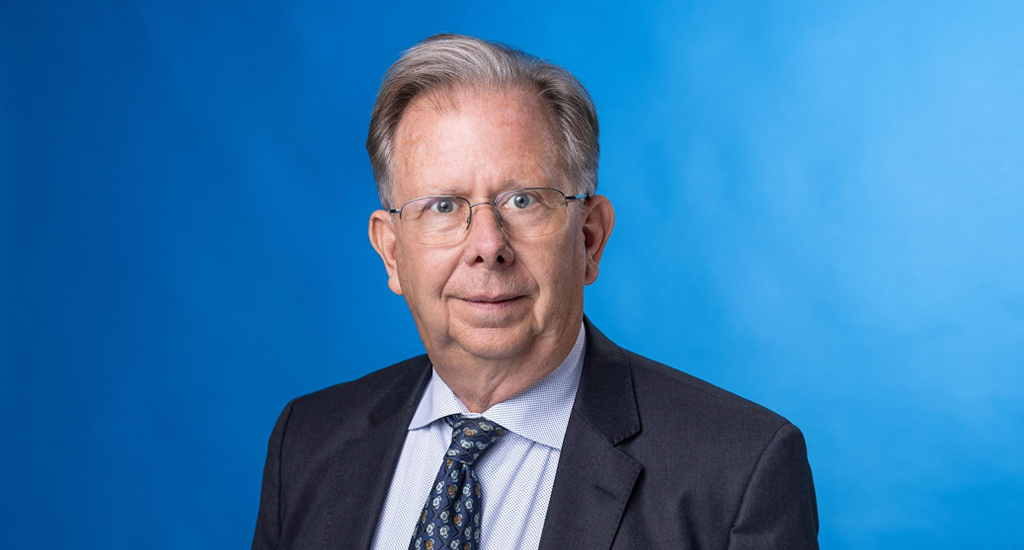When:
Wednesday, November 12, 2025 at 11:15 a.m. – 1:30 p.m. (Arizona time)
Where:
Renaissance Phoenix Downtown Hotel, Grand Ballroom
Ticket prices:
In Person: $185/person | $1,450/table of 10
Virtual: $75/person | $700/group of 10
Sponsored by:
![]()

Wednesday, November 12, 2025 at 11:15 a.m. – 1:30 p.m. (Arizona time)
Renaissance Phoenix Downtown Hotel, Grand Ballroom
In Person: $185/person | $1,450/table of 10
Virtual: $75/person | $700/group of 10
![]()

Kartik Athreya is the director of research and head of the Research and Statistics Group at the Federal Reserve Bank of New York. Athreya's work has been published in a variety of academic journals, including the Review of Financial Studies, American Economic Journal: Macroeconomics, Journal of Monetary Economics, and International Economic Review. He previously served as an associate editor at the Journal of Economic Dynamics and Control. Athreya has taught doctoral courses in macroeconomics at the University of Virginia and authored a book entitled Big Ideas in Macroeconomics (2013, MIT Press). He earned his doctorate from the University of Iowa in 2000.
Athreya's research interests are in macroeconomics and consumer finance. His current research aims to measure and understand household financial distress and debt repayment decisions, to quantify the links between household investments in human capital and in the stock market, and to assess the importance of risks associated with college enrollment.

Faucher is frequently cited in international, national, and regional media outlets including The Wall Street Journal and The New York Times. He has appeared on ABC World News, CBS Evening News, NBC Nightly News and Nightly Business Report, and is regularly featured on CNBC, CNN and Fox Business. In addition, he appears regularly on CBS Radio, NPR and Marketplace.
He serves on the board of directors of The Economic Club of Pittsburgh - the local chapter of National Association of Business Economics (NABE). He is also co-chair of the Financial Roundtable of NABE.
Faucher earned a Ph.D. in economics from the University of Pennsylvania, with concentrations in labor economics and public economics. He also has a B. A. in economics from Cornell University.

In addition to his academic appointment, Dr. Hoffman has held several administrative appointments; Associate Dean for Graduate Programs, 1998-2004, Associate Dean for Research; 2004-2008, and Director of the Seidman Research Institute, 2004-2024. Dr. Hoffman is also director of ASU's Office of the University Economist, 2005-present.
In his role as University Economist, Dr Hoffman is responsible for the production of policy white papers with regional, education, fiscal, and labor market emphasis. This work is supported directly by the Office of University President Michael Crow.
Dr. Hoffman's sponsored project efforts include the construction and maintenance of the tax revenue forecasting model used by the Executive Budget Office of the State of Arizona each year since 1982 - serving 8 different Governors. Dr. Hoffman headed groups of economists who measured the economic impact of several fiscal initiatives for the State of Arizona in 1989 and in 1990. The 1989 study was commissioned by Governor Mofford as an input to fiscal initiatives that were contained in her State of the State speech in 1989. The 1990 study was requested by the Joint Select Committee on Fiscal Reform of the Arizona Legislature. In 1996 Dr. Hoffman was appointed to the Joint Select Committee on Economic Incentives of the Arizona Legislature. He also served as technical advisor for Governor Napolitano's citizen's fiscal reform committee (2004). At the Governor's request Dr. Hoffman served on the Board of the Arizona State Retirement System (ASRS) from 2012-2017.
Dr. Hoffman has closely studied the regional economy in Arizona. His extensive experience with the state and local economy positions him for his current research interests that include defining and measuring the role of research universities in regional development, quantifying the value of education investments to the economic prosperity of a region, and measuring the impact of various fiscal initiatives on regional development. These current research interests align with Dr. Hoffman's administrative assignment, Director of the Office of the University Economist, undertaken as a strategic university initiative at the direction of Arizona State University President Michael Crow. Dr. Hoffman is the faculty director of the Center for Competitiveness and Prosperity Research where he directs the Productivity and Prosperity Project http://economist.asu.edu.
All funds will be deposited with the ASU Foundation for a New American University, a nonprofit organization that exists to support Arizona State University (ASU). Gifts in support of ASU are subject to foundation policies and fees. Due to the fair market value of benefits received, only payments in excess of fair market value may be considered a charitable contribution. Please consult your tax advisor regarding the deductibility of charitable contributions.
480.965.3532
[email protected]